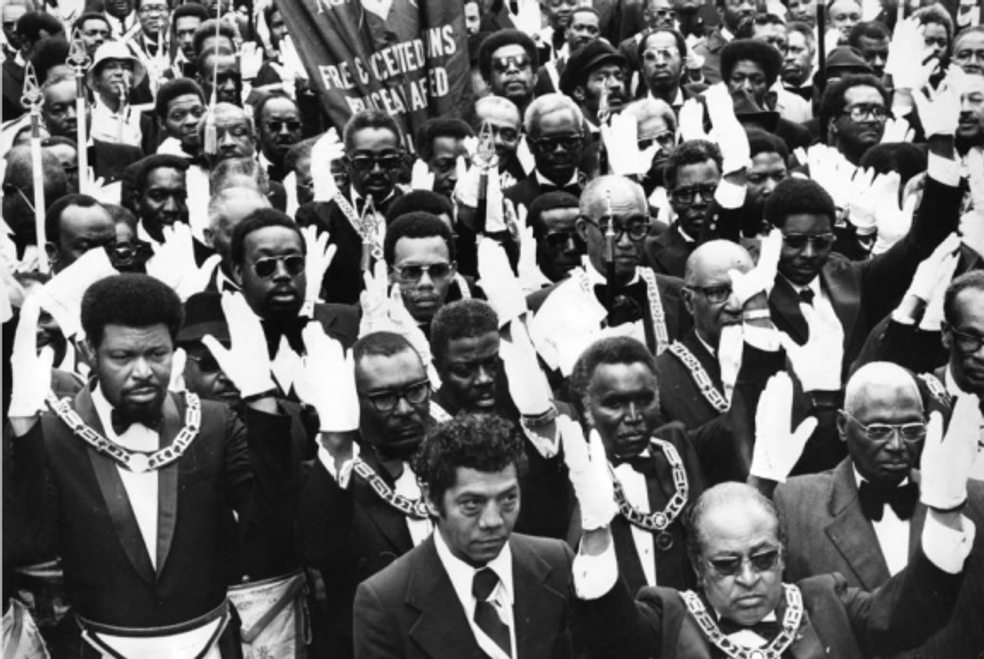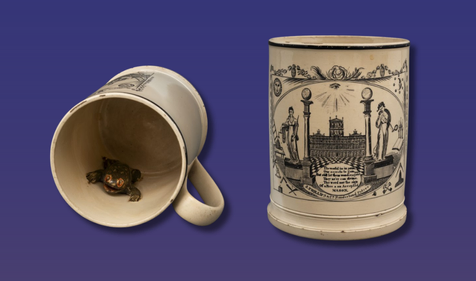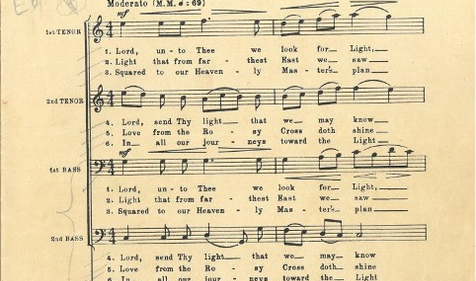The legacy of African American Freemasonry begins in 1775 with Prince Hall, a prominent member of Boston's Methodist and African American community. A former slave, Prince Hall was attracted to the values and opportunities of Freemasonry and sought to join the city's Masonic lodges. We explore Prince Hall's Masonic journey and the evolution of Prince Hall Freemasonry on our blog.
Since 1976, February has been designated Black History Month, an annual opportunity for Americans to reflect on the black community's accomplishments and their central role in U.S. history. In honor of Black History Month, we would like to explore African American Freemasonry, Prince Hall Freemasonry, and fraternalism.
Prince Hall
The legacy of African American Freemasonry begins in 1775 with Prince Hall, a prominent member of Boston's Methodist and African American community. A former slave, Prince Hall was attracted to the values and opportunities of Freemasonry and sought to join the city's Masonic lodges. He was denied membership but did not let this obstacle prevent him from pursuing the fraternity's rich lessons.
Not to be deterred, Hall, along with fourteen other African Americans who had also been rejected by the lodges of Boston lodges, approached a Masonic lodge affiliated with British soldiers who occupied the city at that time. This British lodge accepted and initiated them that same year, and they remained active members until the Revolutionary War ended.
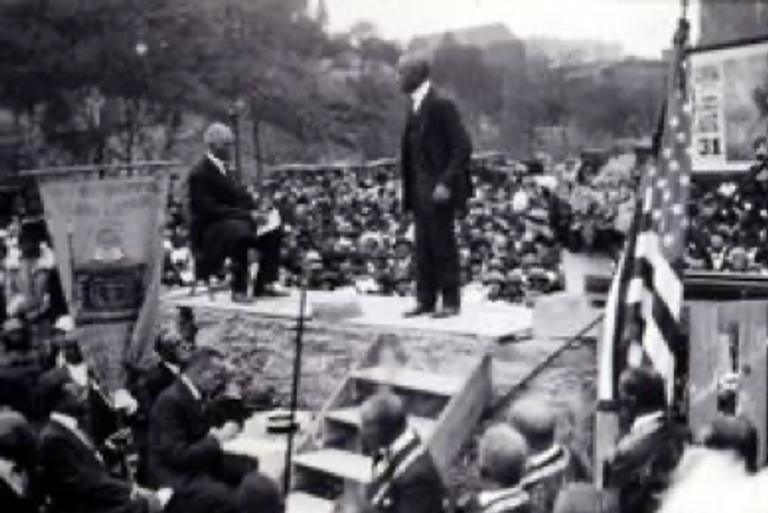
Nearly a decade later, in 1784, Prince Hall and the other black members of the British lodge formally petitioned the Grand Lodge of England to charter a new lodge on American soil. Their request was granted, allowing them to create the first African American lodge, African Lodge No. 459. Years later, when Prince Hall died in 1807, African American Masons endowed their fraternity with his name to distinguish it from the white lodges which excluded them.
African Lodge No. 459
With this lodge's formation, a Masonic community based upon common race, history, and experience began to grow throughout the country. New lodges were created as black Masons pursued the mission and core values of Freemasonry, seeking to make themselves and their brethren better men. This expanding litany of lodges in cities like New York and Philadelphia promoted fraternity and community service while taking a stand against slavery and white supremacy.
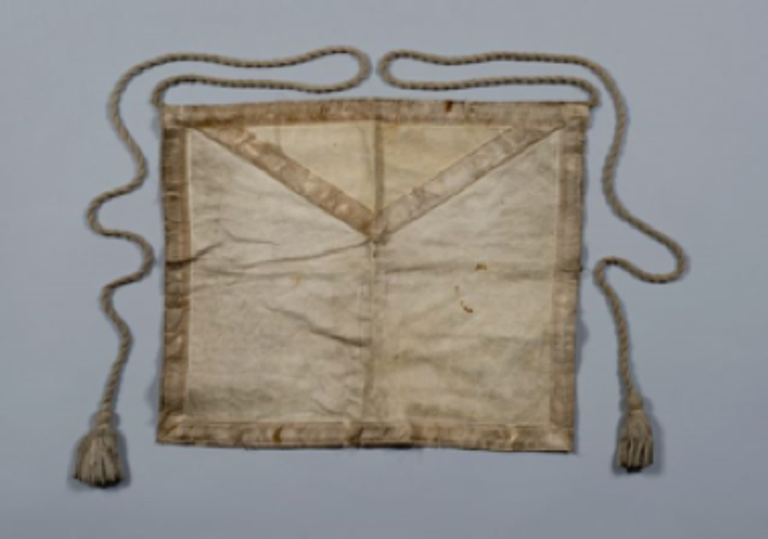
Prince Hall and other black Masonic leaders such as Moses Dickson and Lewis Hayden were vocal and instrumental figures in the abolitionist and civil rights movement of the 19th century. Under their leadership, Freemasonry proved to be an empowering force for the vulnerable black community. Following the civil war, Prince Hall Freemasonry helped establish community institutions and benefits for freed families, giving the black community means to organize and push for civil rights, pursuing equal and free citizenship in America.
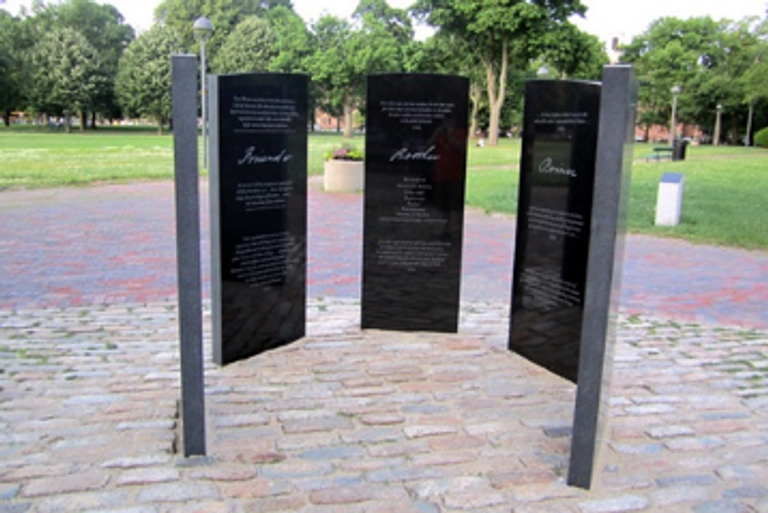
Legacy of Prince Hall Freemasonry
Today, Prince Hall Freemasonry remains the largest and oldest African American fraternity in the world. At least 5,000 lodges can trace their lineage to the original African Lodge #459 established by Prince Hall, and over 300,000 members in the United States alone serve in the brotherhood today. Worldwide, it is estimated that there are over 4,500 Prince Hall lodges. Notable figures from the black community have also been Prince Hall Masons, including Sugar Ray Robinson, Jesse Jackson, Thurgood Marshall, Al Green, Booker T. Washington, and many more.
Freemasonry celebrates our diversity and our differences; when we meet in the lodge or Valley, we are noble men with shared goals and values we aspire to live by. Prince Hall Masonry is a vital part of American and our fraternity's history that deserves celebration and recognition, not just one month out of the year, but every day.
Related Stories
Discover additional Scottish Rite blogs and news on this topic.
